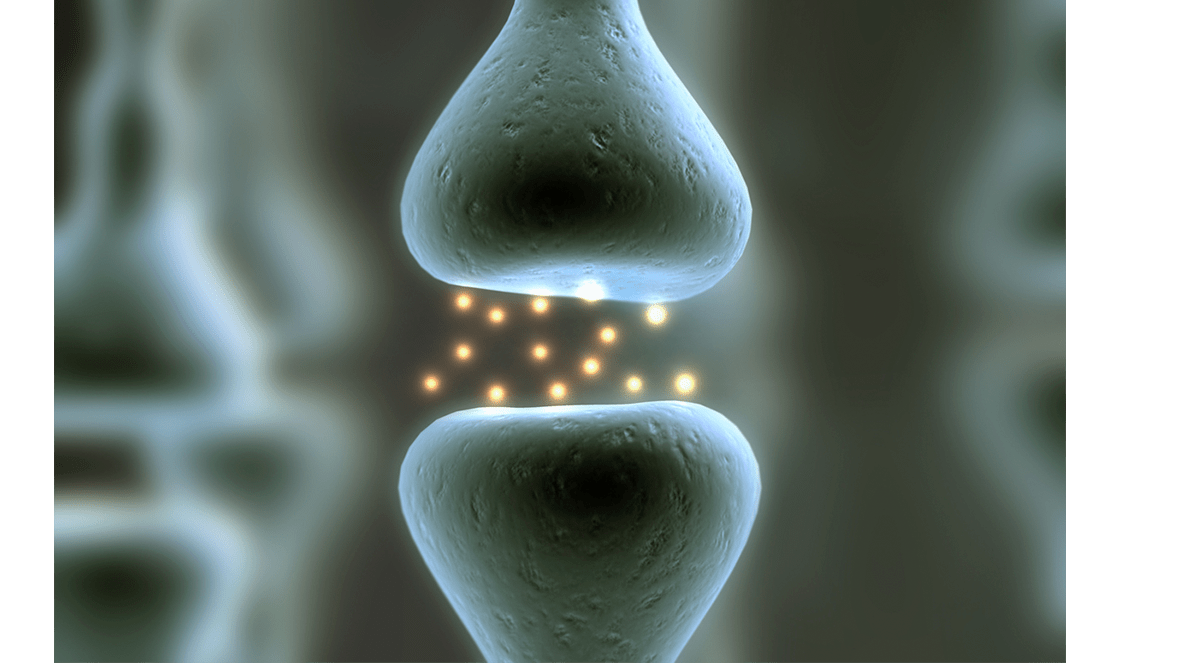For a study, it was determined that social anxiety was highly prevalent in neurotypical children and children with fragile X syndrome (FXS). FXS was a genetic syndrome characterized by intellectual disability and an increased risk for autism spectrum disorder. Participants included 32 infants with FXS and 41 low-risk controls, approximately 12-month-old. Parent-reported social, behavioral inhibition was recorded from the Infant Behavior Questionnaire (IBQ-R). Behavioral inhibition, a temperament characteristic that includes fear, shyness, and withdrawal in response to novelty early in life, was one of the most robust predictors of later social anxiety symptoms and diagnoses. In N-Terminal (NT) infants and preschoolers, several prodromal indicators of social anxiety have been identified that develop in tandem with typical stranger fear. Parent-reported social, behavioral inhibition was not different between groups. In contrast, direct observations suggested that infants with FXS displayed elevated behavioral inhibition, increased attention towards the stranger, and a blunted respiratory sinus arrhythmia response. The research indicated that infants with FXS showed both behavioral and physiological markers of social anxiety at 12-month-old using a biobehavioral approach with multiple sources of input. Results highlighted the importance of a multi-method course to understand the complex early emergent characteristics of anxiety in infants with FXS.
Link:jneurodevdisorders.biomedcentral.com/articles/10.1186/s11689-021-09356-3


